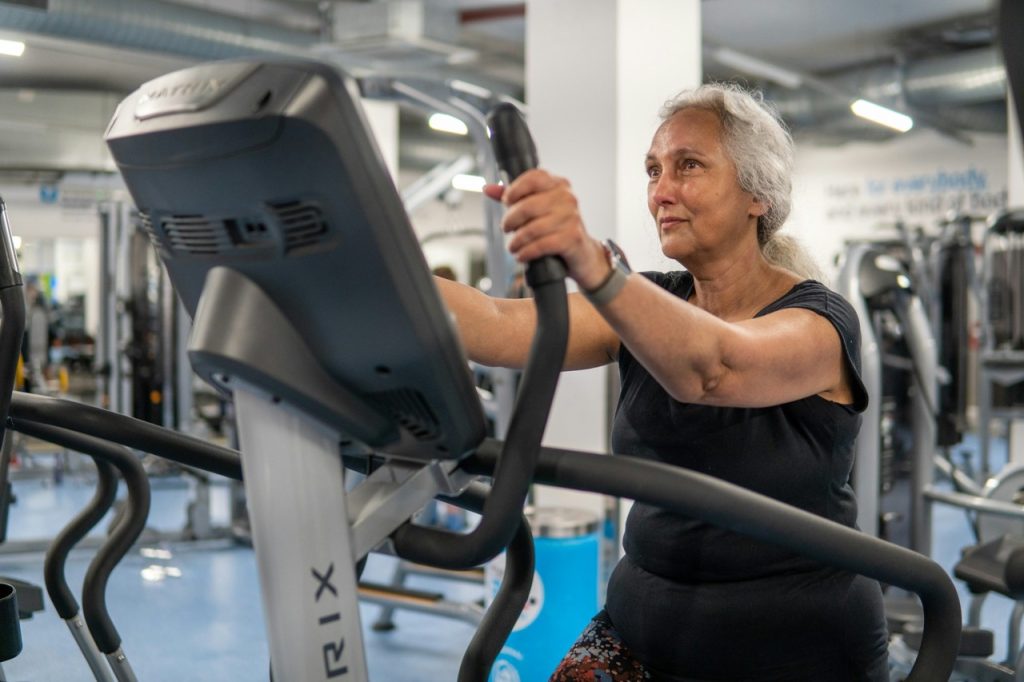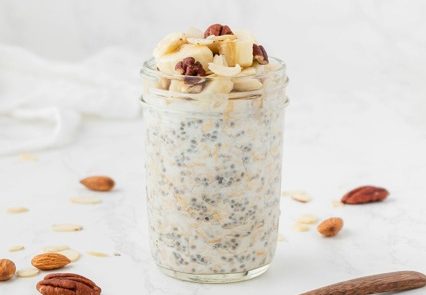We might not give it that much thought, but each and every day, your heart is constantly at work pumping oxygen and nutrients to keep you alive and thriving. But with heart disease being the leading cause of death worldwide, taking care of your heart isn’t just for certain ages or lifestyles; prioritizing heart health is something everyone should consider.
According to the CDC, in the U.S., a heart attack happens every 40 seconds. Even more alarming, someone dies from heart disease every 33 seconds. The reality of these statistics is difficult to swallow, but they highlight why understanding the basics of heart health is so important. The good news? It’s easy to start making small, simple changes that can have a big impact on your heart’s health and overall well-being.
In this article, we’ll cover essential tips for heart health to help you take proactive steps toward a stronger, healthier heart.

Understand the Key Risk Factors of Heart Disease
How do you know if you are at risk for heart disease? As described by OASH, anyone can develop heart disease, but you’re at higher risk if you:
- Have high cholesterol, blood pressure, or diabetes
- You are a smoker, or are overweight
- Live a sedentary lifestyle or lack of a healthy diet
- Had preeclampsia during pregnancy
Your age and family history also play a role. With age, your risk increases, and having an immediate family member with a history of heart disease also increases your risk.
Related: Know Heart Attack Symptoms and How They Differ in Women and Men
Everyday Habits for a Healthy Heart
There are many steps you can take to help prevent heart disease. Here’s a list of actions you can start today to improve your heart health.
Eat a Heart-Healthy Diet
Making even small changes to your diet can have an impact on your heart health. A few you can start with are lowering your salt intake, swapping the soda for sparkling water, and the drive-thru breakfast for one of these heart-healthy breakfast options.
Top Ten Tips for Choosing Heart-Healthy Snacks
Get Moving and Stay Active
Moving your body is just as important as what you eat. If you can’t find the time or energy for a lengthy gym workout, that’s okay—even starting with 10–20 minutes of physical activity can make a difference in your health. Increasing your daily step count is a great way to get moving, and challenging yourself can help keep you motivated.
6 Low-Impact Cardio Workouts for Heart Health
Consume Alcohol in Moderation
Excessive alcohol consumption is known to increase the risk of heart disease and contribute to other health issues, including liver disease and high blood pressure. If you feel pressured to drink in social settings, opt for a mocktail instead; this way, you can enjoy the occasion while prioritizing your health.
How Alcohol Impacts Heart Health
Quit Smoking
If you’ve taken up smoking, quitting is one of the most impactful steps you can take for your heart and overall health. Avoiding secondhand smoke is just as important for protecting your health.
How Cigarettes and Vapes Affect Heart Health
Get Enough Sleep
In today’s era of constant multitasking and heavy technology use, basic human needs, like getting enough sleep, are often overlooked. However, snoozing for 7–9 hours each night is essential for our bodies to recharge, maintain overall health, and support a healthy heart.
Find Out How Irregular Sleep Affects Heart Health
Manage Stress in Your Life
With the demands of today’s fast-paced world, it doesn’t take much before stress creeps into your life. Make sure you practice healthy boundaries at work and in your relationships. Try using stress management techniques such as yoga, breathwork and time outdoors.
Find Out How Stress Impact Heart Health
Be Proactive in Your Health
Stay in control of your cholesterol, blood glucose (sugar), and blood pressure by meeting with your doctor for regular check-ups. Scheduling preventive screenings can also help you stay aware of any potential health concerns before they become bigger issues.
Why Knowing CPR Can Save Lives
You can sign up for CPR certification renewal classes here at HeartCert. We offer accredited CPR renewal classes that are up to date with the newest education and emergency situation tactics. If you need to renew your certifications today, click below to register for an upcoming class to ensure your certification stays current.
HeartCert has options for everyone: blended online/in-person courses, fully online and private Kiosk sessions at several HeartCert locations.
HeartCert is your trusted training partner for CPR, ACLS, PALS, EMR, First Aid, CNA, IV, EKG and more, throughout the United States.
Courses include CPR/AED/First Aid, Basic Life Support (BLS), Advanced Cardiac Life Support (ACLS), Pediatric Advanced Life Support (PALS), Certified Nursing Assistant training, IV training, EKG training, babysitter basics and more. Courses and certifications from both the American Heart Association and American Red Cross are available. We offer virtual courses and certifications, in all 50 states as well as in-person classes at our headquarters, HeartCert CPR Eagan and major cities in Iowa, Illinois, Georgia, Michigan, Minnesota, Mississippi, Nebraska, Pennsylvania, Texas and Wisconsin.




















